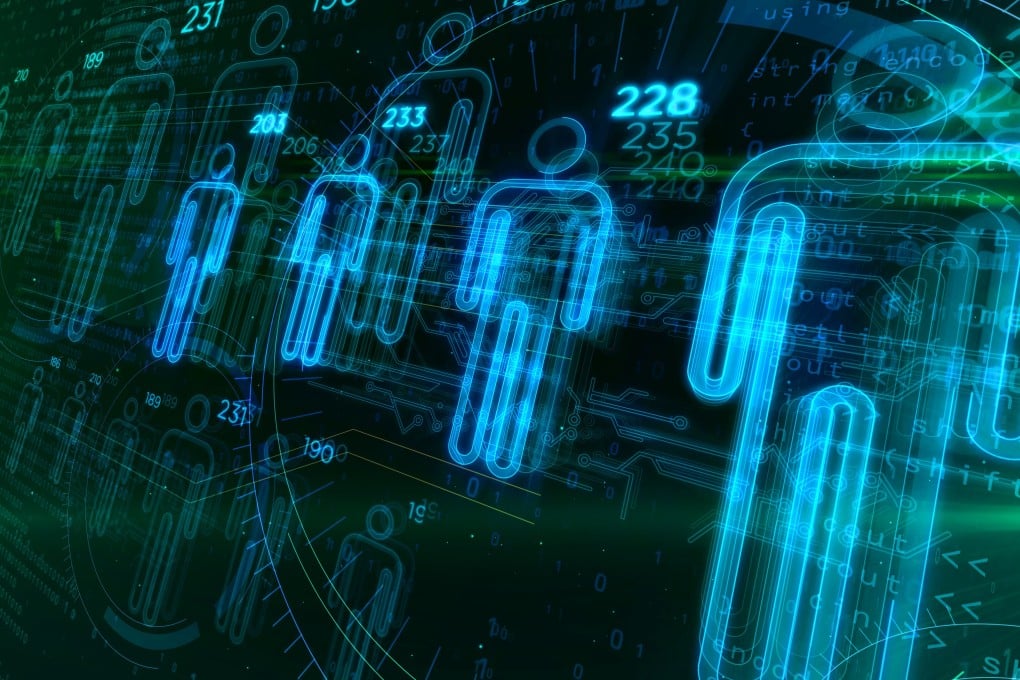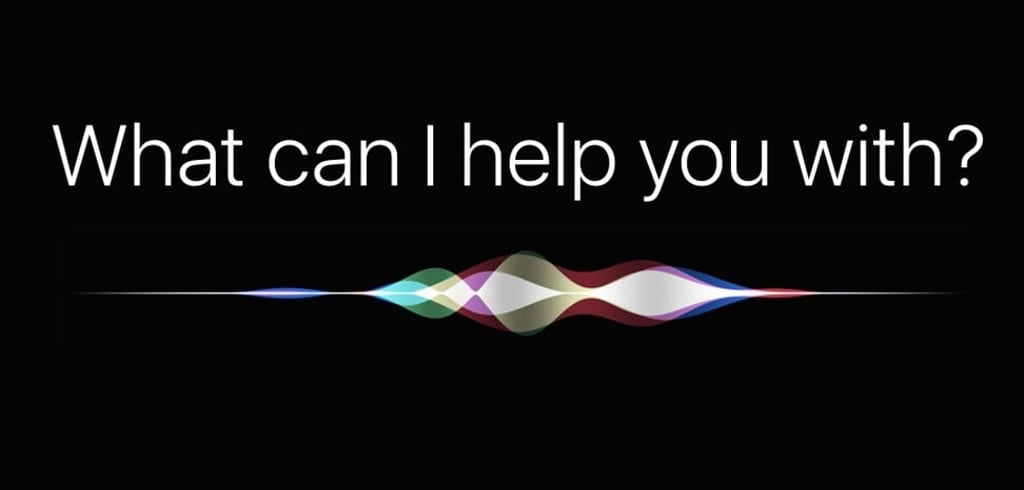My Take | How Taoist teachings can expose the hype and pretensions of artificial intelligence
- The Taoist classic, the ‘Zhuangzi’, portrays human intelligence as a combination of practical experience and embodied skills that deeply embed and enrich the doer/thinker in the world or environment he inhabits. Such an intelligence cannot be captured, perhaps even in principle, by computers, however ‘smart’

“Wheelwright Pian said: In my case I see things in terms of my own work. I chisel at a wheel. If I go too slow, the chisel slides and does not stay put. If I hurry, it jams and doesn’t move properly. When it is just right, I can feel it in my hand and respond to it from my heart.”
“I can explain this to my son, but I cannot pass on the skills to him. That is why at seventy years old, I am still making wheels. The sage who couldn’t pass down his wisdom is already dead.”
“The Tao of Heaven”, from the Zhuangzi.
Artificial intelligence is everywhere. The only time we escape from it is probably when we are asleep, but even then, it may dictate when we get up. Virtual assistants such as Siri, Alexa and Cortana help arrange our daily routines. Spam filters using advanced Bayesian algorithms make our emails manageable. Google’s RankBrain makes online searches more efficient and relevant.

Spotify, Facebook, Instagram, Sina and Tencent Weibo and Renren all use AI to track your likes and dislikes, preferences and interests.
Self-driving cars are just around the corner, quite literally. Computers now routinely beat the greatest human players of chess and Go. Your recreational drones know how to return to you when they are out of range or if it looks like you are losing control. Software is used by your taxman to detect patterns that expose suspicious financial claims and transactions.
